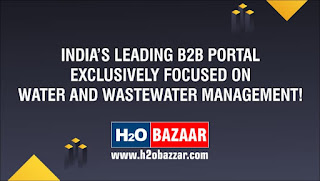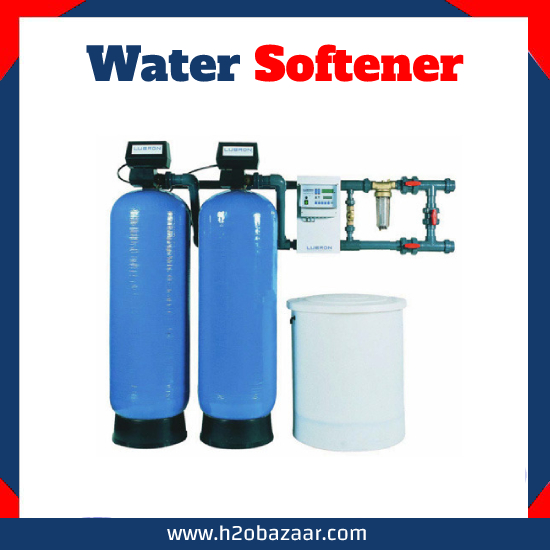The Sustainability of Sewage Wastewater Treatment Plants
.jpg)
Sewage treatment plants (STPs) are one of the most important aspects of proper sanitation. They ensure that our cities, towns, and villages remain clean and healthy by recycling human waste into reusable water. However, it is necessary to understand how STPs work to properly maintain them and sustain their use for future generations. STP plants are now environment-friendly Sewage treatment plants are now environment-friendly. The latest technology is used to treat wastewater in STP plants. This makes them more environment-friendly than ever before. Sustainable sewer systems Sewer systems have been around for centuries and they are sustainable. Sewage systems are a major source of water pollution. Wastewater treatment plants are an important part of a city’s infrastructure. As part of the wastewater treatment process, sewage goes through a series of steps to remove contamina...


